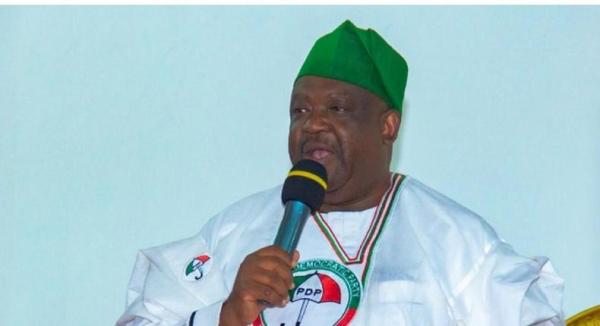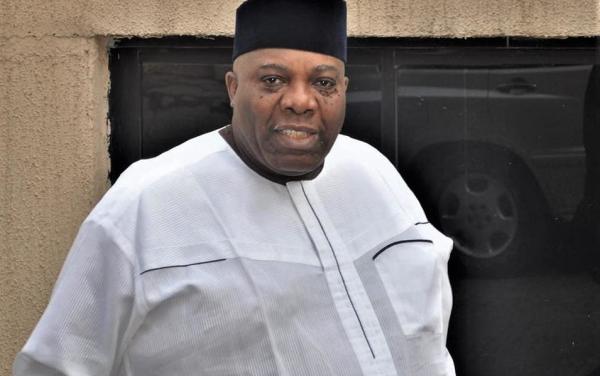
Two anti-graft officers from the Economic and Financial Crimes Commission were at the home of former presidential aide Doyin Okupe in Lagos, the politician said on Saturday.
Through his tweeter handle, Mr Okupe said in at about 4:30 p.m. that the EFCC agents stormed his house in Ilupeju neighbourhood without bearing any invitation document or arrest warrant.
For further findings on the development, Mr Okupe told news personnel that the agents claimed he had done something that violated the Cybercrime Act, a repressive law enacted shortly before President Goodluck Jonathan left office in 2015.
“They knocked and I told them to come in, but when they identified themselves as being from the EFCC, I asked for letter of invitation or arrest warrant, but they could not provide either,” Mr Okupe said. “I immediately said I cannot follow them that they should give me time and also go back and obtain a warrant or invitation letter.”
He further said, “They said they are looking for me for cyberstalking,” he added. “But they have now left my house and I did not follow them.”
A spokesperson for the EFCC could not immediately confirm details of the operation when reached for comments Saturday evening.
Mr Okupe was a public affairs adviser to Mr Jonathan until the administration was voted out at the 2015 general elections.
He was amongst those initially questioned by the EFCC on suspicion of benefitting from questionable use of public funds, especially in the arms purchase scandal that has dominated the headlines since mid-2015.
Allegation he denied after being grilled in 2016, and the matter subsequently went lulled.
The politician who belongs to the main opposition Peoples Democratic Party (PDP) has been an ardent critic of the current government, and he has played critical role in the ongoing campaign by the PDP to dislodge Mr Buhari and return to power in 2019.
Okupe frequently offers some of his harshest critiques of the Buhari administration on Twitter, and it was unclear whether one or two of his latest attacks drew the attention of the EFCC.
Although established to concentrate on curbing endemic corruption for which Nigeria has been infamous for decades, the EFCC has found itself going after citizens on allegations of cyberstalking, which was derived from Section 24 of the Cybercrime Act.





















